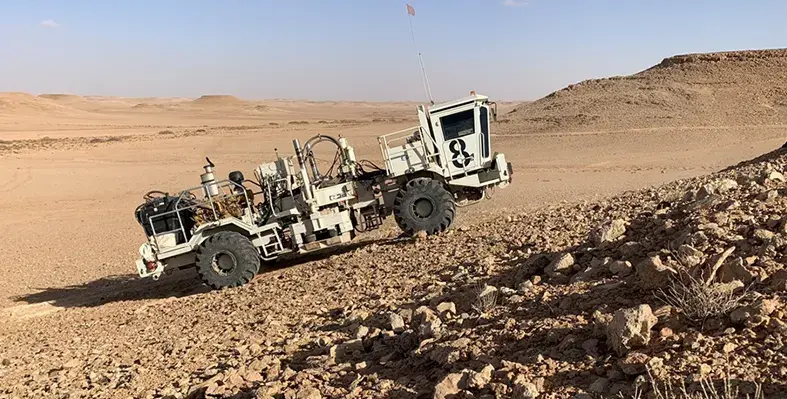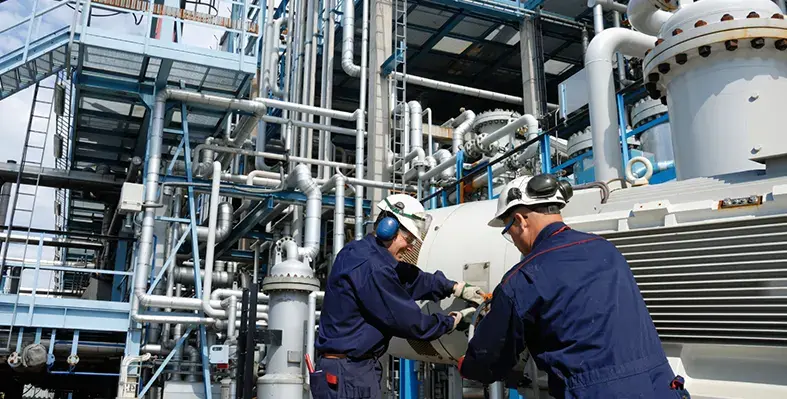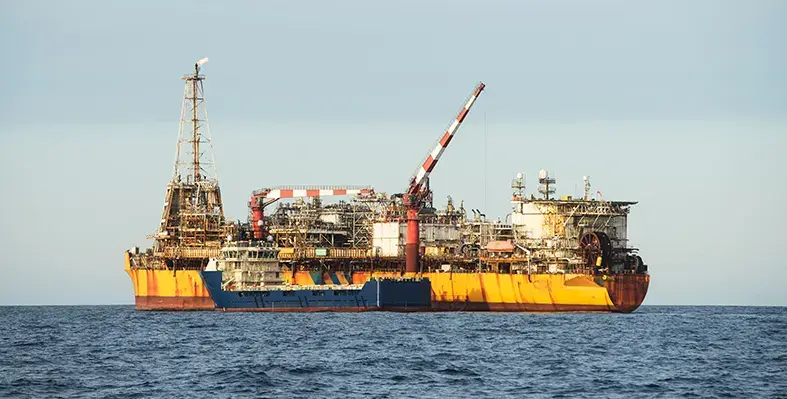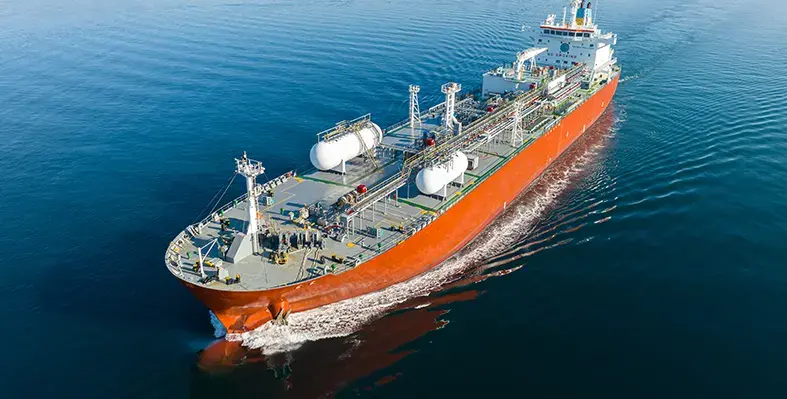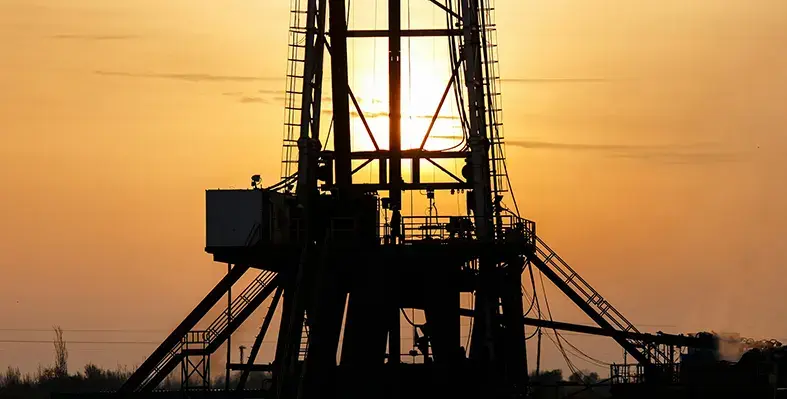
Vertiv’s digital infrastructure solutions are designed to assist with power supplies and distribution. (Image source: Vertiv)
In a challenging global economy, it is critical for oil and gas companies to digitalise their systems and processes, thereby allowing for the harnessing of data volumes from day-to-day operations
As outlined by global IT consulting company BirlaSoft, the IT-OT convergence within the oil and gas sector allows companies to harvest data within the OT layer and then ‘cross-contextualise it to build valuable insights and automated control and orchestration mechanisms’.
According to BirlaSoft, IO/OT convergence in the oil and gas industry is a key step to harnessing the business benefits of big data. Operational technology generates a vast amount of data when IoT sensors are attached to various parts of critical machinery to record intended parameters. This data is usually in the form of time series. Analysing it with the right artificial intelligence (AI) and machine learning (ML) techniques can help organisations anticipate potential risks or if the operations as a whole are generating a strange footprint. In other words, IT-OT convergence is the bridge to seamless, proactive, and resilient oil and gas operations.
By maximising a mix of more modern IT systems intertwined with legacy OT systems, and capturing important information, oil and gas companies can derive insight for enhancing operational efficiencies, increasing performance and improving decision-making.
To enable such strategic aims around the necessary digitalisation to link IT and OT systems, Vertiv’s digital infrastructure solutions are designed to assist with power supplies and distribution, as well as thermal management solutions, as follows:
*Critical power products, such as efficient, reliable uninterruptible power supplies (UPS); scalable, flexible hybrid DC power products; power distribution systems; switchgear; and Vertiv’s battery energy storage system (BESS), which delivers scalable, high-capacity battery energy storage systems for data centres and critical infrastructure
*Thermal management solutions, including Vertiv air handling and chillers for climate control of large electronic systems located outside the data room; cooling solutions for data centres, IT rooms, laboratories, and other critical applications; as well as small thermal systems, incorporating room, and row/ rack cooling
*Vertiv Integrated Solutions, including prefabricated rack, row, aisle, and modular data centres, featuring built-in flexible designs based on proven configurations, and
*Monitoring and management options, such as Vertiv Avocent DSView solution, a family of IT management devices and software that provides solutions in edge, enterprise and engineering lab environments.
There is a well-known saying which notes that ‘knowledge is power’, and in any industry, information is vital for understanding that sector’s own outlook through the harnessing of facts, statistics and trends. With the oil and gas industry in Nigeria poised for robust growth that will be driven by strategic investments and technological advancements, the importance of being able to access information digitally is critical.
The strategically-placed implementation of robust yet high-performance data centres will work to form the backbone for this critical data and support the necessary IT-OT convergence of individual oil and gas companies, while at the same time also supporting the overall aims of the Petroleum Industry Act of 2021 at a national level.
This is the second of a two-part article by Gary Chomse, regional director, Central-Southern Africa at Vertiv






